Agentic AI for Manufacturing
Empower your factory with OLGPT — the on-prem AI copilot that understands your SOPs, machines, OT data, engineering documents, and quality workflows. OLGPT guides operators, technicians, and engineers in real time while keeping all data inside your plant network.
From Reactive Systems to Adaptive Intelligence
Manufacturing plants run on tribal knowledge, complex machinery, and time-critical decisions. Traditional AI analyzes data, but Agentic Industrial AI goes further:
- It understands your manuals, logs, PLC codes, and SOPs.
- It interprets OT and sensor patterns.
- It recommends actions operators can take immediately.
With OLGPT (ObserveLite GPT), factories move from legacy dashboards to actionable intelligence running on-prem, enabling faster troubleshooting, safer operations, and smarter engineering decisions.
Whether in automotive, electronics, industrial machinery, or process manufacturing, OLGPT acts as a secure factory copilot that powers maintenance, quality, document intelligence, and optimization — even in air-gapped environments.
Why AI Matters in Manufacturing
From Analytics to Agentic Intelligence
Traditional analytics answers what happened.
Agentic AI answers what should we do next, using your own data:
- SOPs
- Maintenance logs
- Machine manuals
- CAD and design rules
- OT time-series data
- Sensor and camera streams
This shifts factories from reactive firefighting to proactive, guided decision-making.
Market Context
Manufacturers adopting agentic AI copilots are seeing:
- Faster root-cause discovery
- Reduced downtime
- Higher first-pass yield
- Lower scrap and rework
- Streamlined training and knowledge transfer
And because OLGPT runs on-prem, none of your sensitive operational data ever leaves the plant.
OLGPT: Core Capabilities for Manufacturing
Capability ● |
Description ● |
Factory Copilot
Answers questions from SOPs, manuals, PLC error codes, commissioning reports, and wikis — all processed locally for maximum IP protection
Maintenance & OT Intelligence
Understands breakdown logs, CMMS tickets, OEM PDFs, and time-series OT data to suggest likely root causes and step-by-step checks
Secure Engineering & CAD Copilot
Provides design-rule checks, DFMA guidance, and engineering insights using internal standards, CAD notes, and past ECOs — without exposing IP to cloud AI
Edge Vision & Quality AI
Runs fine-tuned defect detection models at the edge to spot missing components, misalignment, or cosmetic issues. Summarizes NC data and produces draft 8D/CAPA reports.
Production & Quality Cockpit
Offers a natural-language interface over MES/ERP/SCADA so supervisors can query WIP, delays, yield, energy consumption, and shift summaries instantly.
Edge/Cell-Level Assistants
Deploy smaller AI models on industrial PCs to assist operators in air-gapped zones with alarms, recent sensor traces, and local SOP guidance.
Use Cases & Applications
Operator & Engineer Copilots
Maintenance & Reliability
Quality Assurance & Visual Inspection
Document Intelligence & Knowledge Management
Design & Engineering Support
Production Insights & OT Integration
Planning, Logistics & Reporting
Safety, Training & Compliance
Predictive & Prescriptive Maintenance

Tangible
Business Benefits
Increase in production yield
Reduction in maintenance cost
Reduction in downtime
Faster design iterations
Visual comparison of metrics (Before → After).
DEPLOYMENT ROADMAP
Step 1 – Pilot
Start with one line or cell to validate RAG, defect detection, or maintenance copilots.
Step 2 – Integrate Data
Connect OT sensors, MES/ERP, CMMS, and document systems into the on-prem data layer
Step 3 – Fine-Tune Models
Adapt AI models using plant-specific SOPs, logs, design rules, and historical trials.
Step 4 – Human-in-the-Loop Validation
Operators/engineers approve model outputs to ensure accuracy before scaling.
Step 5 – Deploy & Scale
Roll out to additional lines, defects, maintenance workflows, and edge devices.
Challenges & Mitigation
| Key Challenge | Mitigation Strategy |
|---|---|
| Data inconsistencies across logs and OT systems | Unified OT/document pipelines |
| AI hallucination on technical contentn | Strict grounding via RAG + validation layers |
| Resistance from operators and technicians | Operator-first co-creation and training |
| Integration complexity | Hybrid edge + on-prem deploymentp |
| IP/security concerns | Fully private, encrypted AI runtime |
Why Choose OLGPT
Smart Maintenance

Quality Control Assistant
Get Started with OLGPT
Deploy AI at your plant — fast, secure, and scalable.
Talk to Our AI Team
FAQ's
Works for both discrete and process industries.
Even 6–12 months of logs can yield strong insights.
No. It augments decision-making and speeds up problem-solving.
Yes. All deployments use encryption, role-based access, and audit logs.
Absolutely. We support API-based integration, real-time messaging, and connectors to major industrial systems.
Pilots can show returns within 3–6 months. Cost savings from fewer breakdowns, reduced scrap, and productivity gains drive payback.
We offer on-prem, hybrid, or cloud deployment. All data is encrypted in transit and at rest. We maintain audit logs, role-based access, and model versioning.

